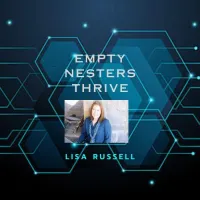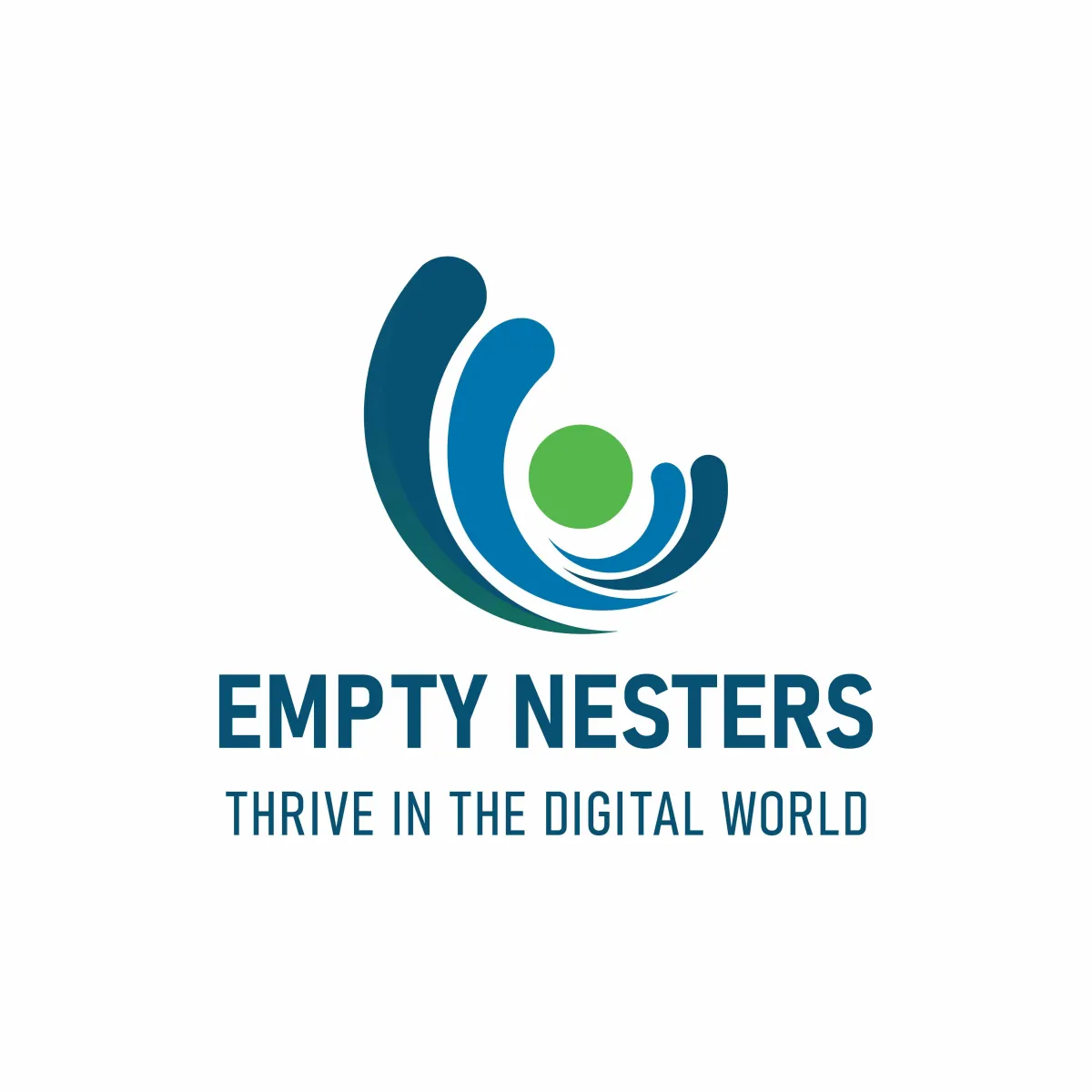
Thrive and Shine

After Dropping Our Youngest Off At College

Identity Shift- November 2024
After dropping our youngest off at college, my husband and I embarked on a trilogy of personal growth seminars that profoundly expanded our perspectives. The first event reignited our belief in life's vast possibilities, inspiring us to pursue new aspirations and embrace continuous self-improvement. The second seminar unlocked a deep well of creative power, serving as a catalyst for us to expand our vision and align with our true purpose. By the third seminar, we had transcended the limiting beliefs inherited from what was modeled for us during our developmental years. Now, we're on a journey to realize our fullest potential and to inspire others to believe in their capacity to achieve greater things in their lives. The Trilogy – Design Your Life, You can also find the link at the end of this newsletter.
In the realm of interpersonal communication, the practice of Nonviolent Communication (NVC), as introduced at a recent personal development conference—which was incredible, by the way—I realized just how much working on myself helps me show up fully for others. Connecting with who I am and who I’m meant to be brings a sense of confidence, comfort, and joy. It’s like walking into every conversation with a fresh, positive mindset.
One of the biggest takeaways from this journey was discovering Nonviolent Communication (NVC) Non Violent Communication, developed by Marshall Rosenberg. This approach teaches us how to connect with others through empathy and clarity, with a focus on observing without judgment. Imagine that—communicating without jumping to conclusions about those who don’t share our core values. This method not only improves our existing relationships but also helps us build new, healthier ones.
This book opens opportunities to listen in a much kinder way across the board, usable in all situations. Let me give you some examples. When we focus on the “what” rather than the “why” of someone’s actions, we create a space that’s open, understanding, and free from assumptions. This skill can transform how we relate to others, making it easier to handle misunderstandings and avoid unnecessary conflicts.
When we make a conscious effort to observe without jumping to judgments, we become more present and open in our conversations. This practice helps us step back from our own opinions and truly listen to others, which strengthens our connections and builds trust. By incorporating this approach and other key principles of Nonviolent Communication (NVC), we can enhance our daily interactions and make our relationships more fulfilling.
After diving into Rosenberg’s book, I felt inspired to share it with you! It offers practical ways to listen and respond more kindly, no matter the situation. Let me give you an example: when we focus on the “what” instead of the “why” of someone’s actions, we create a space that’s open, understanding, and free from assumptions. This skill can transform how we relate to others, making it easier to manage misunderstandings and avoid unnecessary conflicts.
When we make a conscious effort to observe without jumping to conclusions, we become more present in our conversations. This habit helps us set aside our opinions and genuinely listen, strengthening connections and building trust. By embracing this approach and other NVC principles, we can enrich our daily interactions and make our relationships more fulfilling.
Rosenberg, offers transformative insights. A foundational aspect of NVC is the ability to observe without evaluation—a skill that fosters clarity and understanding in our interactions.
When we observe without jumping to conclusions or judgments, we see situations more clearly and objectively. This approach helps reduce misunderstandings and defensiveness, leading to more enjoyable and productive conversations. By sticking to the facts and avoiding subjective interpretations, we create a common ground that everyone can agree on, fostering mutual respect and empathy.
My husband and I have been practicing this technique for several months. We are enjoying our own conversations more and more and developing our skills with our family and others in our community. It is enjoyable to see how differently family members engage with each of us simply because we made a conscious choice to take a look at what we do on a daily basis to love and support our family in ways that they need.
Here are some of the advantages of Implementing NVC in our daily conversations
By distinguishing our observations from our judgments, we become more attuned to others' feelings and needs, fostering deeper connections. This approach also reduces conflicts; by focusing on objective observations, we can prevent disagreements from escalating and find more peaceful solutions. Additionally, Nonviolent Communication (NVC) encourages us to look inward, helping us understand our own emotions and needs more clearly.
It takes intentional effort to began implementing and incorporating NVC into your daily routine, but it has proven very effective for us. Incorporating Nonviolent Communication (NVC) into our daily interactions can significantly enhance our relationships. By practicing active listening, we fully engage with others, acknowledging their words without immediate judgment or response. Using clear observations allows us to describe what we see or hear without adding interpretations; for example, saying, "I noticed you arrived after the meeting started; is there a way I can support you?" instead of, "You're always late." Expressing our feelings and needs honestly, without blaming others, fosters open dialogue. When seeking honesty from others, it's important to be clear about the type of response we're looking for. Making specific requests, rather than vague statements, helps in addressing our needs effectively. By integrating these practices, we cultivate more empathetic and effective communication in our daily lives.
We have found that consistently applying Nonviolent Communication (NVC) principles can lead to several personal benefits. First, it fosters stronger relationships by promoting clear and compassionate communication, which builds trust and understanding. Second, NVC enhances emotional resilience; by recognizing and articulating our feelings and needs, we boost our emotional intelligence. Lastly, this intentional approach to communication encourages personal growth through self-reflection and continuous improvement.
By integrating NVC into our daily lives, we can cultivate more meaningful connections and a deeper understanding of ourselves. To intentionally incorporate Nonviolent Communication (NVC) into our daily interactions, it's helpful to pause before responding, allowing us to consider our words and their potential impact. Reflecting on our intentions ensures that our goal is to connect and understand, rather than to judge or persuade. Additionally, seeking feedback from others about how our communication affects them promotes mutual growth and understanding. By adopting these practices, we can foster more empathetic and effective communication in our relationships.
When we make a conscious effort to observe without jumping to judgments, we become more present and open in our conversations. This practice helps us step back from our own opinions and truly listen to others, which strengthens our connections and builds trust. By incorporating this approach and other key principles of Nonviolent Communication (NVC), we can enhance our daily interactions and make our relationships more fulfilling.
Written by Lisa Russell
Links mentioned above:
The Trilogy – Design Your Life
To Receive Updates Go Here
This site is not a part of the Facebook™ website or Facebook™ Inc. Additionally, this site is NOT endorsed by Facebook™ in any way.
FACEBOOK™ is a trademark of FACEBOOK™, Inc.
This site is not a part of the Facebook™ website or Facebook™ Inc. Additionally, this site is NOT endorsed by Facebook™ in any way.
FACEBOOK™ is a trademark of FACEBOOK™, Inc.

